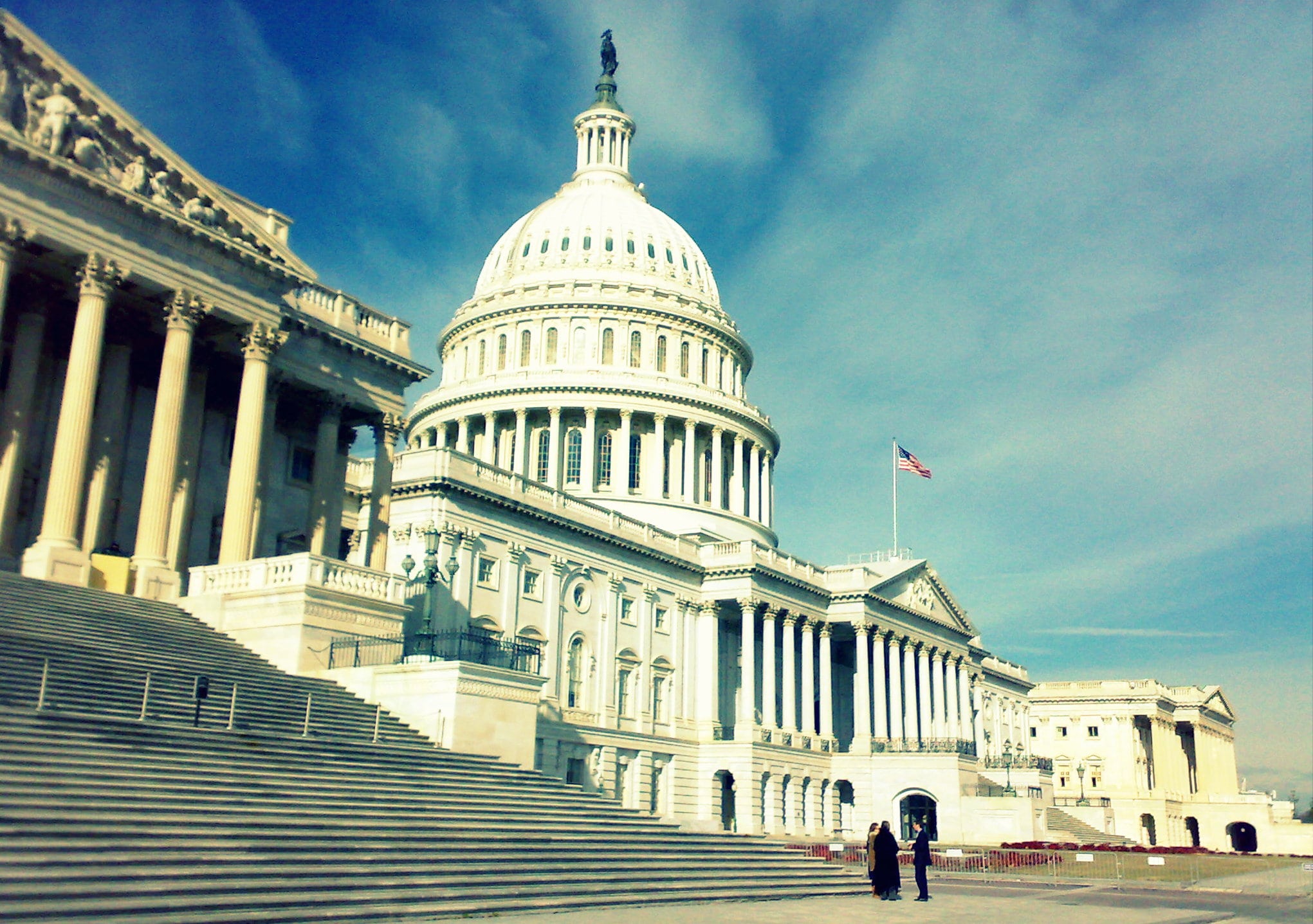Skift Take
Continued funding for BrandUSA, easing up of visa policies, and keeping federal travel spending strong so the industry can benefit, these are the three big lobbying worrying for U.S. travel industry.
Earlier in the month on Capitol Hill, the House Subcommittee on Commerce, Manufacturing, and Trade held a hearing about how the tourism industry benefits the U.S. economy, and representatives from all across the U.S. travel industry came to testify, including senior execs from Marriott, InterContinental, Enterprise, VisitFlorida and others.
All of these are lobbying for three main legislative issues in travel, and we have extracted the testimony of Lori Gaytan, SVP Americas of HR and Global Reward, InterContinental Hotels Group, who clearly identified these issues. These are continued funding for BrandUSA, easing up of visa policies, and keeping federal travel spending strong so the industry can benefit.
The three main legislative issues U.S. travel industry is lobbying for:
- Protect the Federal Match Funding Source for Brand USA
In 2010, Congress enacted the Travel Promotion Act, establishing the first-ever national travel-promotion and communications program to attract more international travelers to the United States. It established the public-private Corporation for Travel Promotion (now called Brand USA) that is funded through a matching program featuring up to $100 million in private-sector contributions and a $10 fee on foreign travelers from visa-waiver countries.The Brand USA marketing campaign is working. Intent to travel to the United States is up 12 — 14 percent as a result of the Brand USA campaign in UK, Canada, and Japan. Based on the success of the campaign to date, Brand USA is extending the campaign to nine markets in 2013—to Australia, Brazil, Canada, China, Germany, Japan, Mexico, South Korea, and the United Kingdom. These markets generate 75 percent of all international visitation to the United States.The industry has contributed millions to this effort. Nearly 300 organizations — including IHG — contributed $60 million to Brand USA in one year—and we continue to do so. Approximately 51 percent of contributions in FY2012 were cash and 49 percent were in-kind. Organizations within the private sector are required to put their money toward the effort upfront before any matching funds are provided toward the marketing effort.The impact of Brand USA goes well beyond its direct spending on travel promotion. US exhibitor presence has increased 25 percent or more at influential international trade shows as a result of Brand USA’s efforts—with many US companies and destinations exhibiting for the first time and others significantly expanding their presence as a result of the newly established Brand USA Pavilion tradeshow presence. In addition, hundreds of partners have included the Brand USA logo and Discover America call-to—action in their own digital and advertising presence — amplifying the reach of this unique public-private partnership.We are extremely concerned that legislative proposals to divert the $10 visa-waiver fee on foreign travelers to other purposes could derail what has been an incredibly successful effort to attract foreign visitors to the United States at no expense to the taxpayers. We urge Congress to protect this funding source from being co-opted by other interests. - Enact Legislation to Streamline the Visa and Entry Processes
As Brand USA’s efforts attract new overseas visitors to the United States, it is essential to assure that the process of obtaining a visa and processing through customs is a welcoming one. Legislation introduced in March by Representatives Ioe Heck (R-NV) and Mike Quigley (D-IL) would do just that. The Jobs Originating through Launching Travel (JOLT) Act, is a bipartisan, bicameral effort to create jobs through increasing travel and reforming outdated visa laws while maintaining national security. Between 2000 and 2010, the global long-haul travel market grew by 40 percent, yet the US. share of the market has fallen from 17 to 12 percent during that time due to the outdated, inefficient tourist visa application process.The JOLT Act would help expand access to visa services for potential visitors to the U.S. without reducing or eliminating the necessary security protocols. Those provisions include faster visa processing, expedited entry for priority visitors, and the establishment of a visa video conferencing pilot program so we can examine innovative ways to address the increasing demand for visas. IHG strongly supports its speedy enactment.
- Recognize the Value of Responsible Federal Travel
In the context of reducing the federal deficit and cutting federal spending, government meetings have come under attack as excessive and unnecessary. Legislative proposals have surfaced that would effectively ground federal employees without regard for the value travel can provide. Face-to—face meetings are often the most productive ways to strengthen relationships, develop strategies, increase productivity and achieve organizational goals of federal departments and agencies. Responsible and accountable federal travel guidelines can assure that federal dollars are spent wisely as beneficial federal travel and meetings continue.While we wholeheartedly support Congress’ efforts to cut unnecessary spending and reduce fraud and waste, federal travel policies must recognize the need for federal employees to travel to receive training, to meet with their peers and to perform their responsibilities efficiently and effectively.
The Daily Newsletter
Our daily coverage of the global travel industry. Written by editors and analysts from across Skift’s brands.
Have a confidential tip for Skift? Get in touch
Tags: policy
